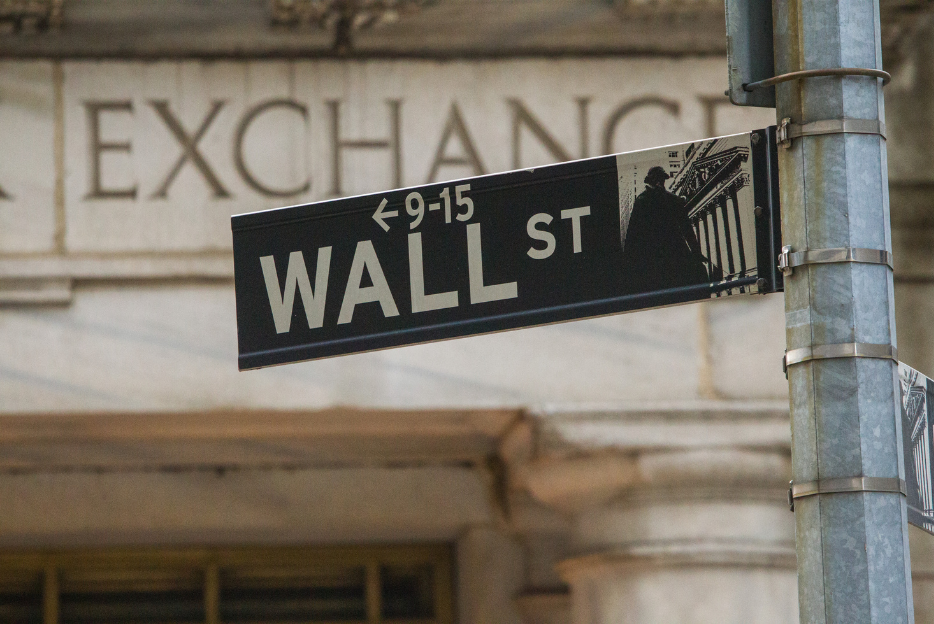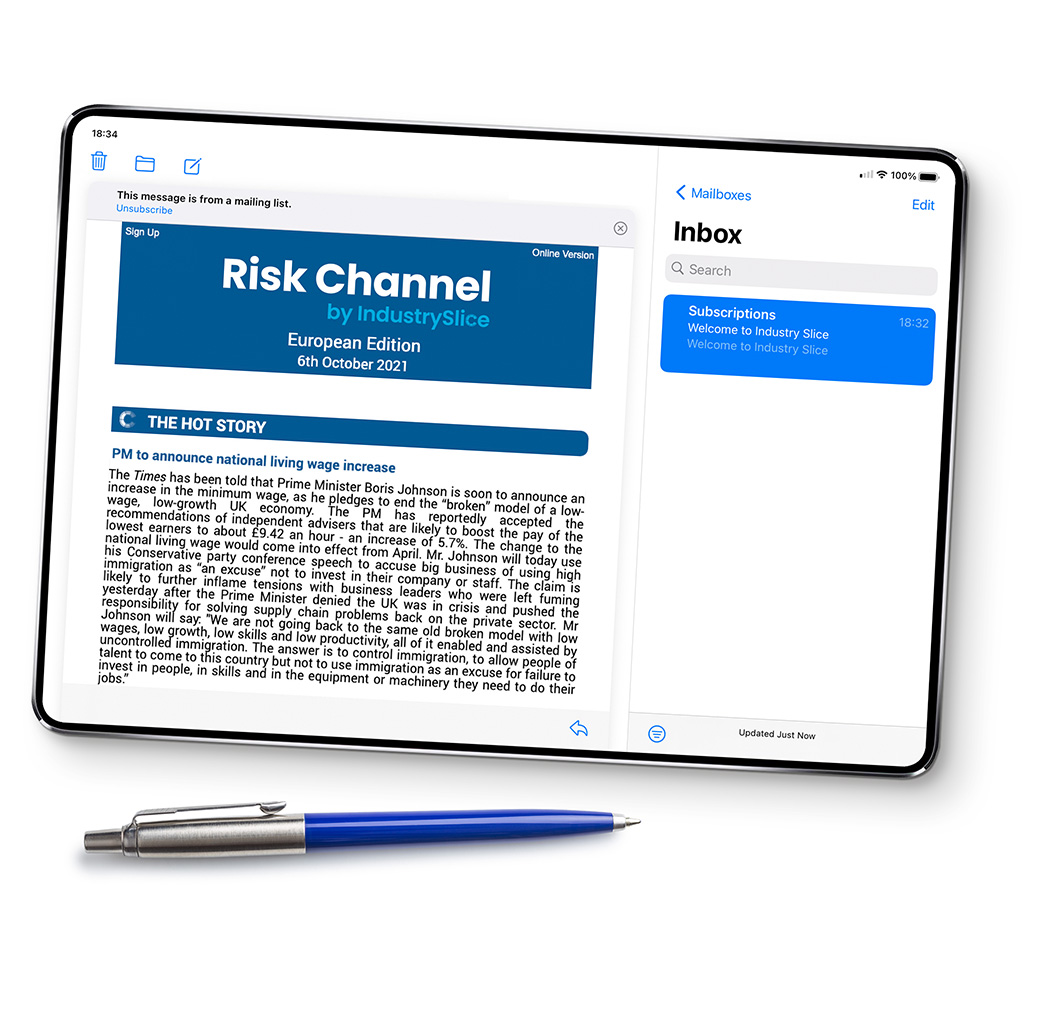You’re all signed up for Risk Channel
Thank you for your interest in our service.
Watch out for a confirmation email from our subscriptions team. Once you have confirmed you will join the worldwide community of over 14,000 subscribers who are receiving daily Risk intelligence to lead, innovate and grow.
Note: Due to the nature of this message you may find this in your "promotions" or "spam" folders, please check there. If nothing arrives within a few minutes let us know. If you do not receive this email we will be happy to help get you set up.
Adding the email address [email protected], will help to ensure all newsletters arrive directly to your inbox.
Recent Editions

Risk Channel
North America
The World Federation of Exchanges has said the rise of private capital has undermined the traditional role of stock markets, which are “under threat” after a slump in global stock listings. In an open letter to regulators, policymakers and the investment industry, the umbrella group for exchanges around the world said: “Companies are staying private longer or bypassing public markets entirely. Investors are looking elsewhere. And, as a result, the fundamental role of public markets in supporting innovation, job creation, and equitable wealth distribution is under threat.” The group added: “We will launch a multi-year campaign to investigate and address the structural causes of public market decline, beginning with an urgent focus on the IPO drought.”
Full Issue
Risk Channel
UK/Europe
The Bank of England (BoE) has urged some lenders to evaluate their resilience against potential US dollar shocks amid growing concern over the stability of the dollar as a cornerstone of global finance. The BoE's Prudential Regulation Authority has requested banks to assess their dollar funding strategies, particularly in the light of White House policies which have raised doubts about the reliability of US support during financial crises.
Full Issue









